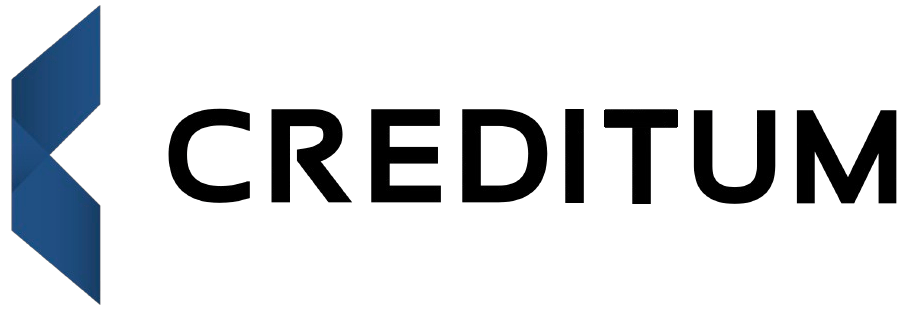Soft Loans
- No impact on your credit score when
you compare - Get offers in seconds
- Loan offers are non-binding

Soft loans are an ideal option for individuals and businesses in South Africa looking to secure financing with favourable terms. These types of loans often come with lower interest rates, extended repayment periods, or other flexible conditions that make repayment easier. In a country where access to credit can be challenging, soft loans provide a crucial financial tool to support economic growth and personal financial stability. Furthermore, they can be particularly beneficial for emerging entrepreneurs and small businesses seeking to expand without the burden of high-interest debt.
Understanding soft loans
Soft loans, often called concessional loans, are financial tools with relaxed terms compared to traditional loans. They typically feature lower interest rates and longer repayment periods, making them more accessible for borrowers. These types of loans are usually provided by governments or international financial organizations to support economic development in emerging markets. This helps to increase financial flexibility for those who may struggle to obtain regular loans. South Africa’s economic landscape benefits from the availability of such loans, fostering growth and development across various sectors.
Benefits of choosing soft loans
Soft loans can offer a great deal of relief to consumers looking for financial support with flexible terms. They typically come with lower interest rates, making them affordable compared to traditional loans. This means you can save money on interest, which is especially helpful if you’re balancing tight budgets.
- Lower interest rates compared to regular loans
- Flexible repayment options
- Access to funds without stringent credit checks
Moreover, soft loans often come with more lenient repayment conditions, allowing borrowers to manage their finances more effectively. By opting for these loans, you can experience lower financial stress due to the softer credit requirements. Choosing a soft loan can be a step towards greater financial freedom.
How to apply for a soft loan
Understanding each step is crucial to successfully securing a soft loan in South Africa.
First, find a suitable financial institution or service offering soft loans. Compare different lenders to find the best terms and conditions. Check if you meet the eligibility criteria required by the lender. Criteria usually include age, income level, and credit history, but this can vary by lender.
Preparing Required Documentation
Compile the necessary documents, which often include proof of identity, income statements, and banking details. It might be helpful to have recent payslips or tax returns ready. Having these on hand will streamline the application process.
Submit Your Application
Fill out the loan application form, ensuring all information is accurate. Some lenders offer online applications, simplifying the process. After submission, wait for approval, which may require further verification steps or additional information. Patience is key as this process can take time.
Common misconceptions
Soft loans often unravel intertwined myths, leading many to misunderstand their true nature. One common misconception is that soft loans are effortlessly accessible, without any eligibility criteria or formalities. While these loans typically offer more favourable terms, they still require applicants to meet certain conditions and demonstrate an ability to repay.
Another myth suggests that soft loans are the same as free money. This could not be further from reality. Although they may feature low interest rates or extended repayment periods, borrowers are still obligated to repay the full amount. It’s crucial to understand that these loans are structured to offer a helping hand, not a handout. By dispelling these misconceptions, potential borrowers can approach soft loans with a clear understanding of what to expect.
Soft loans vs hard loans
Soft loans and hard loans are two distinct types of financing that cater to different needs. Soft loans typically have more favorable terms, such as lower interest rates and lenient repayment schedules. They are often funded by governments or international organizations to support projects in developing regions.
In contrast, hard loans are commercial loans with stricter terms. These often come with higher interest rates and fixed, shorter repayment periods. Hard loans are usually offered by private lenders who focus on profit generation. While soft loans aim to foster development, hard loans are designed for borrowers with stable financial track records seeking quick capital.
Tips for navigating loan options
When searching for the right loan on a comparison website, it’s key to assess your needs before diving in. Start by understanding the purpose of your loan. Whether you need finances for education or a new home, this will guide your decision.
Consider these tips:
- Review interest rates carefully. Low rates may save you money long term.
- Check the repayment terms. Flexible terms might offer more peace of mind.
- Assess additional fees and hidden costs. They can impact the total amount you repay.
Another vital step is evaluating the lender’s reputation. Look for feedback from past customers to gauge trustworthiness. When you take the time to compare thoroughly, you increase the chances of finding a loan that suits your needs while potentially saving money. Remember, the *right loan* aligns with both your financial goals and capacity.
Real-life examples
Imagine a small business owner in Durban who needs to expand their local café. Traditional loans come with high interest rates and stringent criteria, making them hard to access. Here, soft loans become a lifeline. With lower interest rates and friendlier terms, they can secure the funds to purchase new equipment or hire more staff, stimulating growth without the strain of hefty repayments.
Consider a young couple in Johannesburg, eager to purchase their first home. They face the challenge of saving enough for a significant deposit. A soft loan can be a crucial step towards homeownership. It offers manageable payment plans with lower interest, helping them climb the property ladder without overwhelming financial pressure. These scenarios show how soft loans can make impactful changes, offering flexibility and support where it’s most needed.
